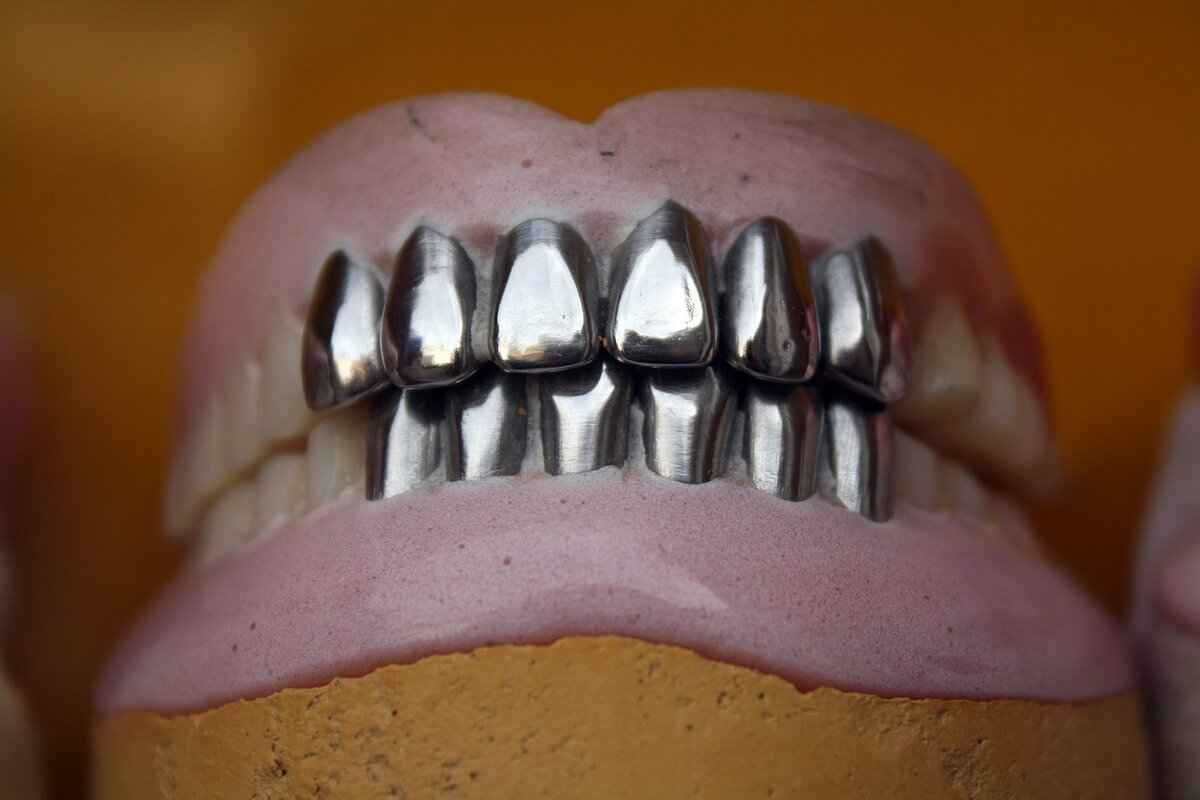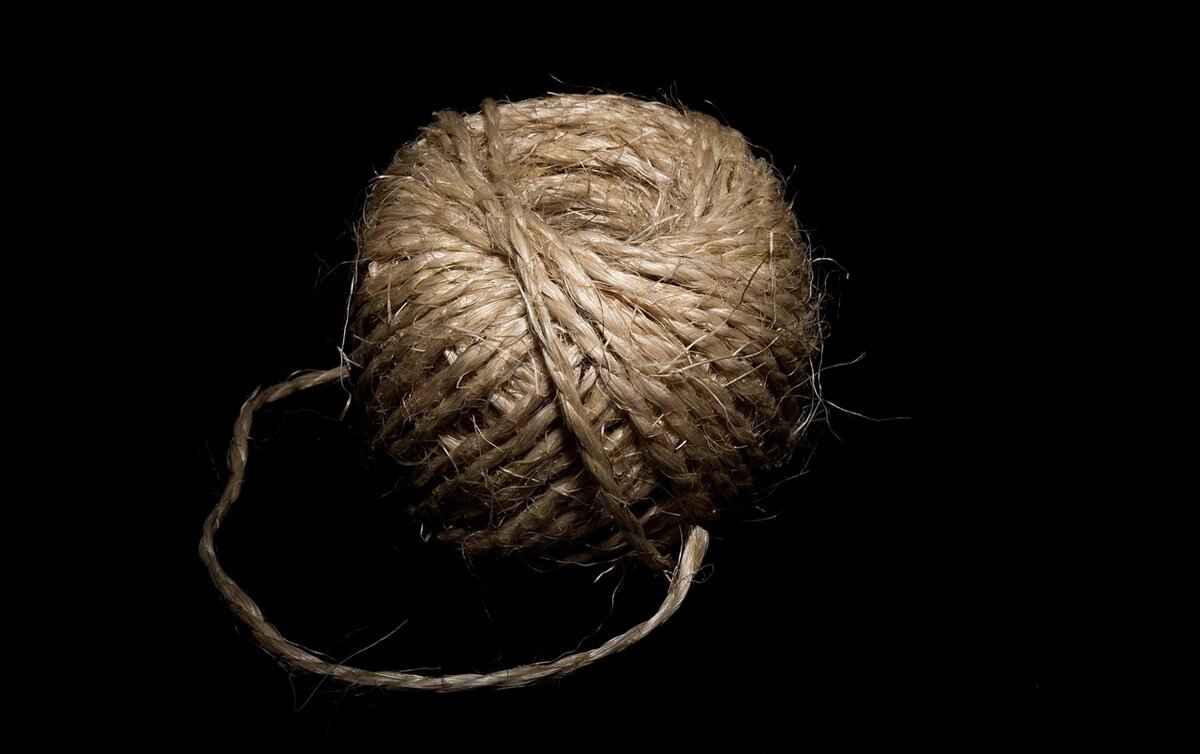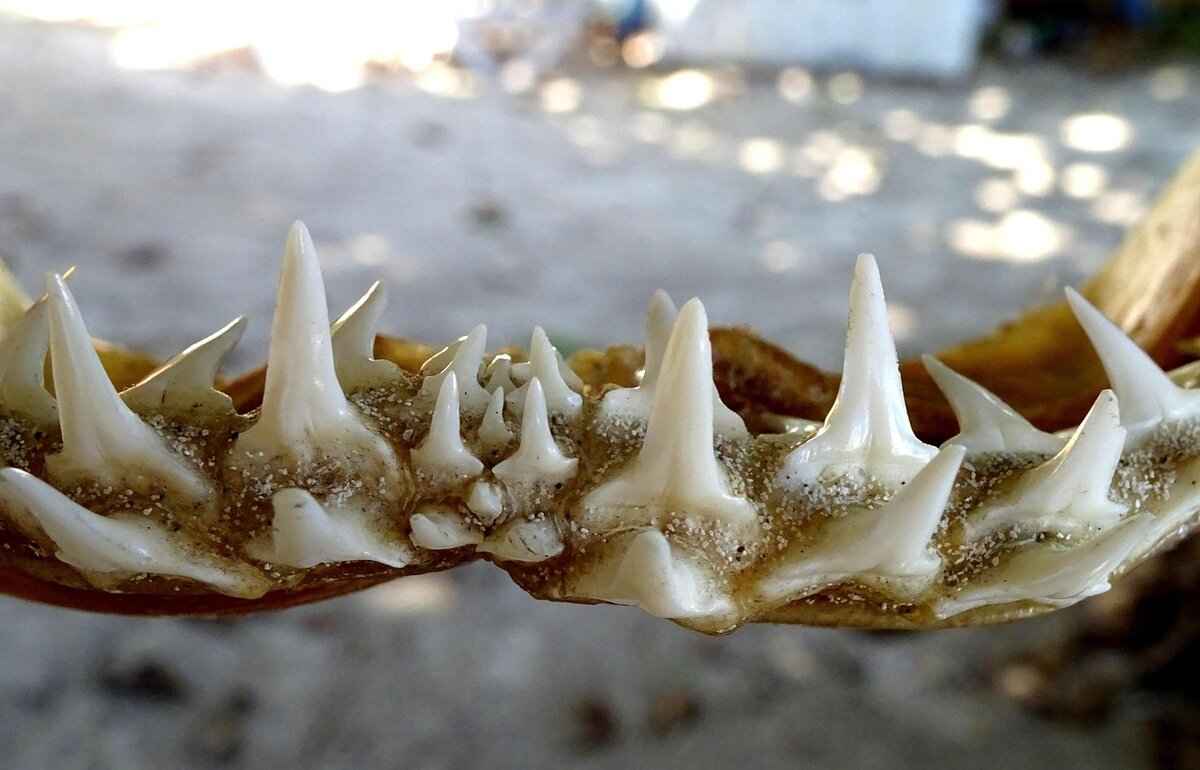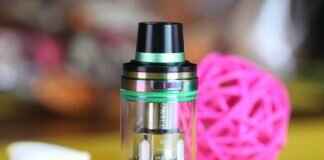This article explores the step-by-step process of relining dentures at home, offering practical tips and insights to help individuals maintain their dental appliances effectively.
Understanding Dentures and Their Importance
Dentures play a vital role for many individuals who have lost their natural teeth due to various reasons, including age, injury, or dental disease. There are two main types of dentures: complete dentures and partial dentures. Complete dentures replace all teeth in the upper or lower jaw, while partial dentures fill in gaps left by missing teeth. Proper maintenance of dentures is crucial not only for comfort but also for oral health. Well-fitted dentures help in chewing food effectively, speaking clearly, and maintaining facial structure.
Signs Your Dentures Need Relining
Recognizing when your dentures need relining is essential for maintaining comfort and functionality. Common signs include:
- Loose Fit: If your dentures feel loose or shift during eating or speaking, it’s time to consider relining.
- Discomfort: Pain or irritation in the gums can indicate that your dentures no longer fit properly.
- Visible Wear: If you notice wear and tear or cracks, relining can help restore their shape.
The Benefits of DIY Denture Relining
Opting for a DIY approach to denture relining can offer several advantages:
- Cost-Effective: Avoiding dental visits can save you money.
- Convenience: You can perform the relining at your own pace and schedule.
- Empowerment: Learning to care for your dentures yourself can enhance your confidence.
Essential Tools and Materials for Relining Dentures
Before starting the relining process, gather the following tools and materials:
- Denture relining kit
- Warm water
- Soft cloth or towel
- Small mixing bowl
- Application tool (usually included in the kit)
Step-by-Step Guide to Reline Your Dentures
Follow these steps to effectively reline your dentures:
- Prepare Your Workspace: Ensure you have a clean, well-lit area to work.
- Clean Your Dentures: Rinse your dentures with warm water to remove any debris.
- Mix the Relining Material: Follow the instructions on your relining kit to mix the material properly.
- Apply the Material: Use the application tool to evenly distribute the relining material on the denture base.
- Press and Hold: Place the dentures back in your mouth and bite down gently to create an impression.
- Allow to Set: Follow the kit instructions for drying time, usually around 30 minutes.
- Final Adjustments: Once set, check the fit and make any necessary adjustments.
Common Mistakes to Avoid When Relining Dentures
While relining dentures at home can be straightforward, avoid these common pitfalls:
- Skipping Cleaning: Always clean your dentures before relining to ensure proper adhesion.
- Incorrect Mixing: Follow instructions carefully when mixing relining materials to avoid inconsistencies.
- Rushing the Process: Allow adequate time for the material to set for optimal results.
How to Choose the Right Relining Material
Selecting the appropriate relining material is critical for success. There are various types available:
- Soft Relining Material: Ideal for individuals with sensitive gums, providing cushioning.
- Hard Relining Material: Suitable for those needing a more durable solution.
- Temporary Relining Kits: Useful for quick fixes until a permanent solution can be arranged.
Maintaining Your Dentures After Relining
Post-relining care is essential for preserving the longevity of your dentures. Here are some tips:
- Regular Cleaning: Clean your dentures daily with a soft brush to prevent plaque buildup.
- Avoid Harsh Chemicals: Use denture cleaners specifically designed for dental appliances.
- Periodic Check-ups: Schedule regular dental visits to ensure the fit and condition of your dentures.
When to Seek Professional Help
Sometimes, DIY relining may not suffice. Consult a dental professional if:
- Your dentures are severely damaged.
- You experience persistent discomfort.
- There’s significant wear that affects functionality.
Real-Life Experiences: Success Stories of DIY Denture Relining
Hearing from others who have successfully relined their dentures can provide encouragement. Many individuals report positive outcomes after taking on this DIY project, sharing stories of improved comfort and enhanced confidence.
FAQs About Denture Relining
Addressing common questions can help clarify doubts:
- How often should I reline my dentures? It depends on wear and fit; regular checks are advisable.
- Can I use regular glue for relining? No, specialized denture relining materials are necessary for safety.
- Is it difficult to reline dentures? With the right tools and instructions, it can be manageable for most individuals.

Understanding Dentures and Their Importance
Dentures play a crucial role in restoring the quality of life for individuals who have lost their natural teeth. They not only enhance aesthetics but also significantly improve functionality, allowing individuals to eat, speak, and smile with confidence. In this section, we delve into the different types of dentures available, their respective functions, and the importance of proper maintenance for sustaining oral health.
There are primarily two types of dentures: complete dentures and partial dentures.
- Complete Dentures: These are designed for individuals who have lost all their natural teeth. Complete dentures rest on the gums and are custom-made to fit the contours of the mouth, providing a natural appearance and function.
- Partial Dentures: Partial dentures are used when some natural teeth remain. They fill in the gaps left by missing teeth and are typically supported by the remaining natural teeth, preventing them from shifting.
Dentures serve several essential functions:
- Restoration of Aesthetics: Dentures help restore the natural appearance of the smile, boosting self-esteem and confidence.
- Improved Functionality: They enable individuals to chew food more effectively, which is crucial for nutrition.
- Speech Improvement: Dentures can enhance speech clarity by providing a stable structure for the tongue and lips.
Maintaining dentures is vital for several reasons:
- Oral Health: Proper cleaning of dentures prevents the buildup of bacteria and plaque, reducing the risk of infections and gum disease.
- Longevity: Regular maintenance can extend the life of dentures, saving costs on replacements or repairs.
- Comfort: Well-maintained dentures fit better and are more comfortable, reducing the likelihood of irritation or sores in the mouth.
In summary, understanding the types and functions of dentures, along with their maintenance, is essential for anyone who relies on them. By ensuring proper care, individuals can enjoy the benefits of dentures while maintaining their oral health.

Signs Your Dentures Need Relining
Recognizing when your dentures require relining is vital for maintaining both comfort and functionality. Over time, dentures can become loose or uncomfortable due to changes in your mouth’s shape or bone structure. Here are some common indicators that suggest it’s time to reline your dentures:
- Increased Discomfort: If you experience soreness or irritation in your gums, it may be a sign that your dentures no longer fit properly. Discomfort can arise from pressure points created by loose dentures.
- Visible Gaps: Take a close look at your dentures. If you notice gaps between your gums and the base of your dentures, it’s a clear indication that they have become loose and need relining.
- Difficulty Chewing: When dentures do not fit snugly, chewing can become challenging. If you find yourself avoiding certain foods or struggling to bite and chew, it may be time for a reline.
- Frequent Slipping: If your dentures slip out of place while speaking or eating, this is a sign that they are not fitting securely. This can lead to embarrassment and affect your confidence.
- Changes in Oral Health: Any significant changes in your oral health, such as weight loss or dental work, can impact the fit of your dentures. Regular check-ups with your dentist can help monitor these changes.
- Bad Breath: Ill-fitting dentures can cause food particles to get trapped, leading to bad breath. If you notice persistent halitosis despite good oral hygiene, consider checking the fit of your dentures.
Recognizing these signs early can help prevent further discomfort and complications. It is essential to regularly assess the fit of your dentures and consult with your dentist if you notice any of these indicators. A timely reline can enhance your comfort, improve your ability to eat and speak, and ultimately contribute to your overall oral health.
In addition to these signs, it’s important to maintain a routine of cleaning and caring for your dentures. Proper hygiene practices can help prolong the life of your dentures and ensure they remain in good condition. If you are unsure about the fit of your dentures or the relining process, seeking professional advice is always recommended.
By staying vigilant and aware of the signs that indicate your dentures need relining, you can maintain a healthy and comfortable smile for years to come.

The Benefits of DIY Denture Relining
Opting for a DIY approach to denture relining can be a transformative decision for many individuals. Not only does it offer significant cost savings, but it also enhances the convenience of maintaining your dental appliances. Here, we delve into the numerous advantages of handling this task at home instead of visiting a dental professional.
- Cost-Effectiveness: One of the primary benefits of DIY denture relining is the substantial savings on dental bills. Professional relining can be expensive, often ranging from $300 to $500, depending on the complexity of the case. By choosing to reline your dentures at home, you can invest in a relining kit that typically costs between $20 and $50, making it a budget-friendly option.
- Time-Saving: Scheduling an appointment with a dentist can be time-consuming and inconvenient. DIY denture relining allows you to complete the process at your own pace, eliminating waiting times and reducing the hassle of travel. You can perform the relining in the comfort of your home, fitting it into your schedule as needed.
- Immediate Results: When you choose to reline your dentures yourself, you can enjoy immediate improvements in comfort and fit. Instead of waiting days for an appointment and then more time for the relining process at the dental office, you can achieve a better fit in just a few hours. This is particularly beneficial for those experiencing discomfort due to ill-fitting dentures.
- Empowerment and Control: Taking on the task of denture relining yourself can be empowering. It gives you more control over your dental care and allows you to understand your dentures better. Many people find satisfaction in learning how to maintain their appliances, which can lead to a greater sense of ownership over their oral health.
- Flexibility: DIY denture relining offers the flexibility to address issues as they arise. You can reline your dentures whenever you notice discomfort or a change in fit, without needing to wait for an appointment. This proactive approach can help prevent further complications and ensure your dentures remain comfortable and functional.
- Suitable for Minor Adjustments: Many individuals find that they can manage minor adjustments on their own. DIY relining kits often come with easy-to-follow instructions, making it simple to make small changes as needed. This capability allows for ongoing maintenance without the need for frequent professional visits.
- Learning Opportunity: Engaging in the DIY relining process can also serve as a valuable learning experience. You will gain insights into how your dentures work and how to care for them effectively. This knowledge can be beneficial for future maintenance and can enhance your overall understanding of oral health.
In conclusion, the benefits of DIY denture relining are clear. From cost savings to the empowerment that comes with taking control of your dental care, this approach can significantly enhance your experience with dentures. By understanding the process and utilizing the right materials, individuals can achieve a comfortable fit and maintain their oral health effectively at home.

Essential Tools and Materials for Relining Dentures
Before diving into the relining process, it is essential to gather the right tools and materials. Having everything prepared beforehand can significantly enhance your DIY denture relining experience. This section provides a comprehensive list of the necessary items, ensuring you are well-equipped for the task ahead.
- Denture Reline Kit: The most crucial item for your project is a denture reline kit. These kits typically contain all the necessary materials, including the relining compound and mixing tools.
- Mixing Tools: You will need a small mixing bowl and a spatula. These tools are vital for combining the relining material accurately.
- Measuring Spoon: Precise measurements are critical when preparing the relining material, so having a measuring spoon on hand is essential.
- Warm Water: Warm water is necessary for softening the relining material, making it easier to mold and apply.
- Denture Brush: A denture brush is important for cleaning your dentures thoroughly before starting the relining process.
- Paper Towels: Keep paper towels handy for cleaning up any spills or excess material during the relining process.
- Sandpaper or Emery Board: If your dentures require minor adjustments for a better fit, sandpaper or an emery board can help smooth out rough edges.
- Mirror: A small hand mirror will assist you in checking the fit and alignment of your dentures during the relining process.
- Gloves: Disposable gloves will keep your hands clean and protect you from any chemicals in the relining material.
- Timer: Some relining materials require a specific setting time, so having a timer can help ensure you follow the manufacturer’s instructions accurately.
Having these tools and materials ready will streamline the relining process and increase your chances of achieving a successful outcome. Remember that proper preparation is key to a smooth and effective DIY denture relining experience. By ensuring you have everything you need at your fingertips, you can focus on the task at hand and achieve the best possible results.
In addition to the listed items, consider having a comfortable workspace set up. A well-lit area with a flat surface will make the process easier and more enjoyable. Taking the time to prepare adequately will not only save you time but also enhance the overall quality of your denture relining project.

Step-by-Step Guide to Reline Your Dentures
Relining your dentures at home can be a straightforward process if you follow the right steps. This guide aims to equip you with the necessary instructions and tips to ensure a successful relining experience. A well-relined denture not only enhances comfort but also improves functionality, allowing you to eat and speak with confidence.
- Gather Your Materials: Before starting, make sure you have all the necessary tools and materials. You will typically need denture relining kits, a bowl, a spatula, and a mirror. Some kits also come with instructions that can further guide you through the process.
- Clean Your Dentures: Begin by thoroughly cleaning your dentures. Use a soft-bristled toothbrush and a non-abrasive cleaner to remove any food particles and plaque. Rinse them well under warm water to ensure they are clean before proceeding.
- Prepare the Relining Material: Follow the instructions provided in your relining kit. Most kits contain a soft material that needs to be mixed or heated before application. Pay close attention to the recommended proportions and heating times, as this can affect the final result.
- Apply the Relining Material: Once your material is ready, apply it evenly to the inside surface of your dentures. Use a spatula to spread the material smoothly, ensuring there are no air bubbles or uneven areas. This step is crucial for achieving a comfortable fit.
- Fit Your Dentures: After applying the relining material, place your dentures back into your mouth. Bite down gently to allow the material to mold to your gums. Hold them in place for the time specified in the kit instructions. This usually ranges from a few minutes to half an hour.
- Remove and Trim Excess Material: Once the material has set, carefully remove your dentures. You may notice some excess material around the edges. Use a pair of scissors or a knife to trim any excess for a clean finish. Be careful not to cut too much, as you want to maintain a snug fit.
- Final Cleaning: After trimming, clean your dentures again to remove any debris from the relining process. Rinse them thoroughly with warm water and allow them to dry before using them.
- Monitor for Comfort: Once you’ve relined your dentures, wear them for a while to ensure they feel comfortable. If you experience any discomfort or if the fit seems off, you may need to adjust the relining material or consult a dental professional.
By following these steps, you can successfully reline your dentures at home, ensuring they fit well and function effectively. Remember, regular maintenance is key to prolonging the life of your dentures and maintaining your oral health.

Common Mistakes to Avoid When Relining Dentures
Relining dentures at home can be a cost-effective solution for maintaining comfort and functionality. However, many individuals encounter challenges that can lead to unsatisfactory results. Understanding these common mistakes is essential for ensuring a successful relining process. Below are key pitfalls to watch out for, along with tips on how to avoid them.
- Using the Wrong Materials: One of the most significant errors is selecting inappropriate relining materials. It is crucial to use materials specifically designed for denture relining. Using adhesives or other materials not intended for this purpose can lead to discomfort and potential damage to the dentures.
- Insufficient Cleaning: Before starting the relining process, failing to thoroughly clean the dentures can result in poor adhesion. Bacteria and food particles can interfere with the bonding process. Always clean your dentures with a gentle cleanser and rinse them well before relining.
- Ignoring Fit and Comfort: Many users neglect to assess the fit and comfort of their dentures before and after relining. It’s essential to ensure that the relined dentures sit properly in your mouth. If they feel loose or uncomfortable, you may need to adjust the relining material or technique.
- Not Following Instructions: Each relining kit comes with specific instructions. Skipping steps or misinterpreting them can lead to poor results. Always read the instructions carefully and follow them closely for the best outcome.
- Rushing the Process: Patience is key when relining dentures. Rushing can lead to mistakes, such as uneven application of the relining material or inadequate curing time. Take your time to ensure a smooth and even finish.
- Neglecting to Seek Help When Needed: If you encounter difficulties during the relining process, do not hesitate to seek advice or assistance. Consulting with a dental professional can provide valuable insights and help avoid further complications.
By being aware of these common mistakes and taking proactive steps to avoid them, you can achieve a more successful and comfortable denture relining experience. Remember, the goal is to enhance the fit and comfort of your dentures, ensuring they serve you well for years to come.

How to Choose the Right Relining Material
Choosing the right relining material for your dentures is a crucial step in ensuring comfort and functionality. With various options available, understanding the characteristics and benefits of each type can help you make an informed decision. In this section, we will explore the most common relining materials, their advantages, and how to select the best one for your specific needs.
- Soft Relining Material: This type is made from a pliable material that absorbs pressure and provides a cushion-like effect. It is ideal for individuals with sensitive gums or those who experience discomfort with traditional hard materials.
- Hard Relining Material: Typically made from acrylic, hard relining materials are durable and provide a stable fit. They are suitable for patients whose gums have stabilized and do not require frequent adjustments.
- Temporary Relining Material: Often used as a short-term solution, temporary materials can be easily applied and removed. They are helpful for patients who need immediate relief while waiting for permanent relining.
- Permanent Relining Material: This option is designed for long-lasting use. It is applied by a dental professional and is generally more resistant to wear and tear over time.
Understanding the advantages of each type of relining material can significantly influence your choice:
| Material Type | Advantages |
|---|---|
| Soft Relining |
|
| Hard Relining |
|
| Temporary Relining |
|
| Permanent Relining |
|
When selecting the right relining material, consider the following factors:
- Comfort: Evaluate your sensitivity and comfort levels. If you experience gum pain, soft relining may be the best choice.
- Durability: If you lead an active lifestyle or require a long-lasting solution, hard or permanent materials are preferable.
- Frequency of Relining: If your gums change often, opt for soft or temporary materials that allow for adjustments.
- Cost: Budget can also play a role in your decision. Temporary solutions may be less expensive but are not intended for long-term use.
Ultimately, choosing the right relining material requires careful consideration of your individual needs and circumstances. Consulting with a dental professional can provide personalized insights and recommendations, ensuring you achieve the best fit and comfort for your dentures.

Maintaining Your Dentures After Relining
Maintaining your dentures after relining is crucial for ensuring their longevity and functionality. Proper care not only enhances comfort but also helps prevent oral health issues. Here are some practical tips and insights to help you keep your dentures in top condition.
- Daily Cleaning: Just like natural teeth, dentures require daily cleaning. Use a soft-bristled brush and a non-abrasive denture cleaner to remove food particles and plaque. Avoid using regular toothpaste, as it can scratch the surface of your dentures.
- Soaking: Soaking your dentures in a denture-cleaning solution overnight can help keep them fresh and free from bacteria. Always rinse them well before wearing them again.
- Handling with Care: When cleaning or adjusting your dentures, handle them carefully to avoid breakage. It’s advisable to clean them over a soft surface or a towel to cushion any accidental drops.
- Regular Check-ups: Schedule regular dental check-ups to ensure your dentures fit properly and to address any concerns. Your dentist can provide professional cleaning and assess the condition of your dentures.
- Avoiding Certain Foods: After relining, be cautious with hard or sticky foods that may dislodge your dentures or cause discomfort. Gradually reintroduce these foods once you are accustomed to the new fit.
- Storing Properly: When not in use, store your dentures in a clean, dry container. If you’re not wearing them for an extended period, keep them moist by placing them in water or a denture solution.
Monitoring for Issues
After relining your dentures, it’s essential to monitor for any signs of discomfort or changes in fit. If you experience soreness, difficulty chewing, or noticeable movement of the dentures, consult your dentist promptly. These issues can indicate that further adjustments are necessary.
Maintaining Oral Hygiene
In addition to caring for your dentures, maintaining good oral hygiene is vital. Brush your gums, tongue, and any remaining natural teeth at least twice a day. This practice helps prevent oral infections and promotes overall health.
Staying Informed
Stay informed about the best practices for denture care. Engaging with communities or forums dedicated to denture users can provide valuable insights and tips from others who share similar experiences. Knowledge is key to ensuring your dentures serve you well for years to come.
In conclusion, by implementing these maintenance tips and being proactive about your denture care, you can significantly enhance the lifespan and comfort of your dental appliances. Remember, a well-maintained set of dentures contributes greatly to your overall oral health and quality of life.

When to Seek Professional Help
While many denture wearers may find success with DIY relining methods, there are specific situations where it is crucial to consult a dental professional. Recognizing these scenarios can save you from discomfort and potential complications. Below are several key indicators that signal the need for professional assistance.
- Persistent Discomfort: If you experience ongoing pain or discomfort despite relining your dentures, it may indicate an underlying issue that requires professional evaluation. A dentist can assess whether the fit is correct or if there are other dental problems contributing to your discomfort.
- Visible Damage: Cracks, chips, or significant wear on your dentures can compromise their functionality. If you notice any visible damage, it is advisable to seek professional help to avoid further deterioration and ensure your dentures are safe to use.
- Changes in Oral Health: Sudden changes in your mouth, such as gum swelling, infections, or changes in your bite, can affect how your dentures fit. If you notice any of these changes, consulting a dental professional is essential for proper diagnosis and treatment.
- Difficulty Eating or Speaking: If your dentures are causing significant challenges in eating or speaking, it may indicate that they are not fitting correctly. A dentist can provide adjustments or recommend new dentures tailored to your needs.
- Age of Dentures: If your dentures are several years old, they may no longer fit as they once did due to changes in your jawbone or gum tissue. A professional can evaluate whether a reline is sufficient or if new dentures are necessary.
- Allergic Reactions: Some individuals may experience allergic reactions to the materials used in their dentures or relining materials. If you develop rashes or other symptoms, it is crucial to consult a dentist for alternative materials.
- Expert Guidance on Relining Materials: Choosing the right relining material can be challenging, especially with the variety available. A dental professional can recommend the best options based on your specific needs and oral health.
In conclusion, while DIY denture relining can be a practical solution for many, it is vital to recognize when professional help is necessary. By being aware of these signs, you can ensure that your dental appliances remain comfortable and effective, ultimately supporting your overall oral health.

Real-Life Experiences: Success Stories of DIY Denture Relining
Hearing from others who have successfully relined their dentures can provide encouragement and motivation. Many individuals have taken on the challenge of DIY denture relining and emerged with positive results. Here, we share inspiring stories and testimonials from those who have tackled this project, showcasing their experiences, challenges, and triumphs.
- Maria’s Journey to Comfort
Maria, a 62-year-old retiree, struggled with her ill-fitting dentures for years. After researching online, she decided to try relining them herself. With a DIY kit purchased from a local pharmacy, Maria followed the instructions carefully. “I was nervous at first, but the process was straightforward,” she said. After completing the relining, she felt a significant improvement in comfort. “I can finally eat my favorite foods without pain!” Maria’s story highlights the empowerment that comes with taking control of one’s dental health.
- John’s Cost-Effective Solution
John, a budget-conscious college student, faced a dilemma when his dentures began to feel loose. With limited funds, he opted for a DIY approach instead of visiting a dentist. “I watched several tutorial videos and felt confident enough to try it myself,” he recounted. Armed with a relining kit, John successfully completed the task and saved a significant amount of money. “It was a bit tricky, but totally worth it!” John’s experience illustrates that with the right resources, DIY denture relining can be a practical solution.
- Susan’s Confidence Boost
Susan, a 45-year-old mother of two, had been embarrassed about her dentures for years. After learning about DIY relining, she decided to take the plunge. “I wanted to feel confident when I smiled,” she shared. Following a step-by-step guide, Susan managed to reline her dentures successfully. “The difference was remarkable. I felt like a new person!” Susan’s story emphasizes the psychological benefits of maintaining one’s dental appliances and the impact it can have on self-esteem.
- Mark’s Learning Experience
Mark, a 50-year-old engineer, approached denture relining as a learning opportunity. He documented his entire process on social media, sharing tips and tricks with his followers. “I wanted to show others that it’s possible to do this yourself,” he explained. Although he encountered a few challenges along the way, Mark remained persistent. “I learned a lot through trial and error, and I’m proud of what I accomplished.” His journey not only inspired others but also fostered a sense of community among those facing similar issues.
These success stories illustrate that DIY denture relining is not only achievable but can also lead to improved comfort, confidence, and significant cost savings. Each individual faced their own unique challenges, yet they all emerged with a sense of accomplishment and satisfaction. Their experiences serve as a reminder that with the right information and determination, anyone can take charge of their dental health.

FAQs About Denture Relining
Addressing common questions can significantly help in clarifying doubts regarding denture relining. This section compiles frequently asked questions, providing clear and informative answers for readers who may be considering this DIY process or seeking to understand more about it.
- What is denture relining?
Denture relining is the process of adding new material to the inner surface of a denture to improve its fit and comfort. Over time, the shape of the gums and bone structure can change, causing dentures to become loose. Relining helps ensure that the dentures fit snugly against the gums. - Why do dentures need to be relined?
As individuals age or experience changes in their oral health, the fit of their dentures may change. This can lead to discomfort, sore spots, and difficulty chewing. Regular relining is essential to maintain a proper fit and prevent these issues. - How often should I reline my dentures?
It is generally recommended to have dentures relined every 1 to 2 years, depending on individual circumstances. However, if you notice any discomfort or looseness, it may be time for a reline sooner. - Can I reline my dentures at home?
Yes, many individuals choose to reline their dentures at home using DIY kits available at pharmacies or online. These kits often include materials and instructions to help you achieve a comfortable fit without needing to visit a dental professional. - What materials are used for denture relining?
There are various materials available for denture relining, including soft and hard acrylics. Soft relining materials are typically used for those with sensitive gums, while hard materials provide a more durable solution. Choosing the right material depends on individual needs and comfort levels. - Is denture relining painful?
The relining process itself should not be painful. However, if your dentures have become loose or are causing sore spots, you may experience discomfort until the relining is complete. It’s essential to follow the instructions carefully to minimize any potential discomfort. - What should I do if my dentures still feel uncomfortable after relining?
If you continue to experience discomfort after relining, it may indicate that a professional adjustment is needed. It’s advisable to consult with a dentist to ensure there are no underlying issues affecting the fit of your dentures. - Can I eat after relining my dentures?
It is generally recommended to avoid eating for a few hours after relining your dentures to allow the material to set properly. Once the relining has cured, you can gradually reintroduce solid foods, starting with softer options. - How can I maintain my dentures after relining?
Proper maintenance includes regular cleaning with a soft brush and denture cleaner, avoiding harsh chemicals, and storing them in a safe, moist environment when not in use. Regular check-ups with your dentist are also essential for ongoing care.
By addressing these frequently asked questions, we hope to provide clarity and confidence for those considering denture relining. Understanding the process and its importance can lead to better oral health and comfort.
Frequently Asked Questions
- How often should I reline my dentures?
It’s recommended to reline your dentures every 1 to 2 years, but this can vary based on factors like wear and changes in your mouth structure. If you notice discomfort or looseness, it might be time for a reline sooner!
- Can I use regular dental adhesive when relining my dentures?
No, using regular dental adhesive is not advisable for relining. You need specific relining materials designed to create a secure fit and ensure your dentures stay comfortable. Think of it like using the right glue for a craft project; the wrong one just won’t hold!
- Is DIY denture relining safe?
Yes, DIY denture relining is generally safe if you follow the instructions carefully. Just be cautious and ensure you choose quality materials. If you feel unsure, it’s always best to consult with a dental professional.
- What are the signs that my dentures need relining?
If your dentures feel loose, cause soreness, or if you notice food getting trapped underneath, these are clear signs they need relining. Think of it as your dentures sending you a little reminder that they need some TLC!
- How long does the relining process take?
The relining process can take anywhere from 30 minutes to a few hours, depending on the method you choose. Just remember, patience is key to achieving a great fit!














